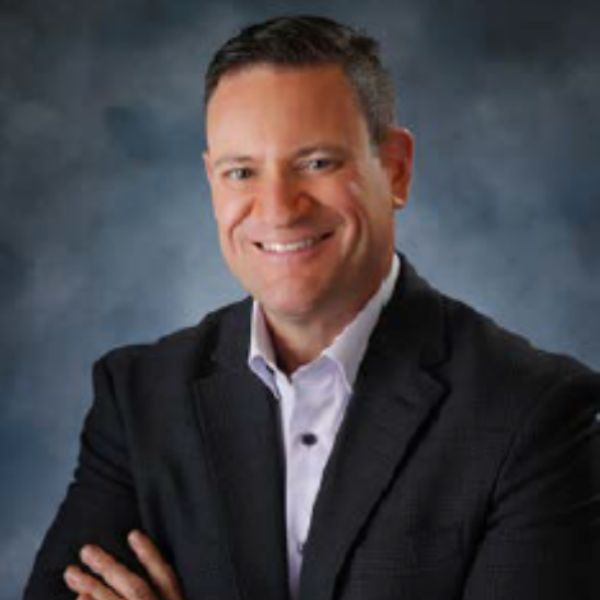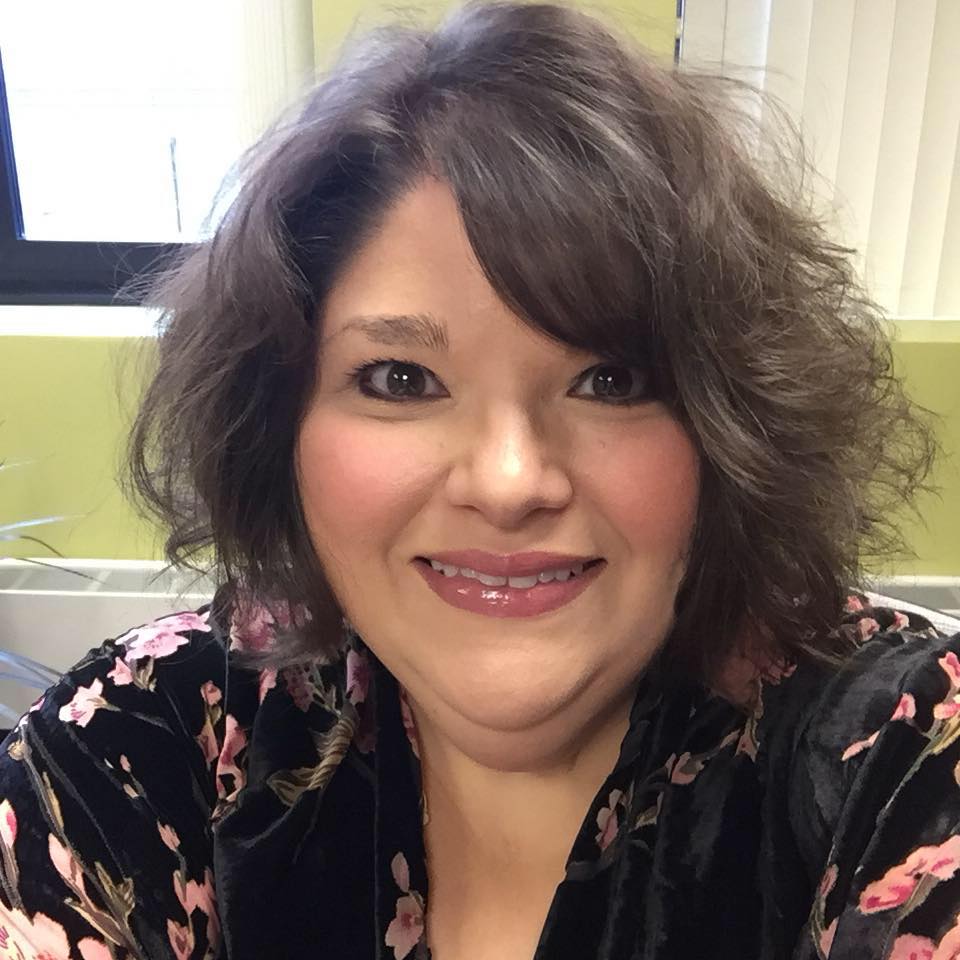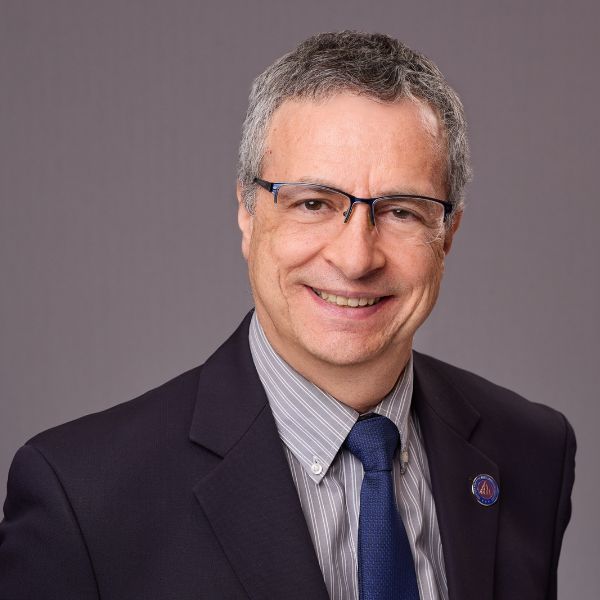Chair
John Collins
High-Stakes Leadership Consultant and Executive Coach at Critical Victories
John Collins is a High-Stakes Leadership Consultant and Executive Coach at Critical Victories, a company he founded to help people, teams, and organizations thrive in high-pressure environments where perfection is an expectation and failure is a ticket out the door. He is also among the most respected forensic experts in the United States, recently publishing his first book on leadership and management in forensic science, which was released by Academic Press just last month.






